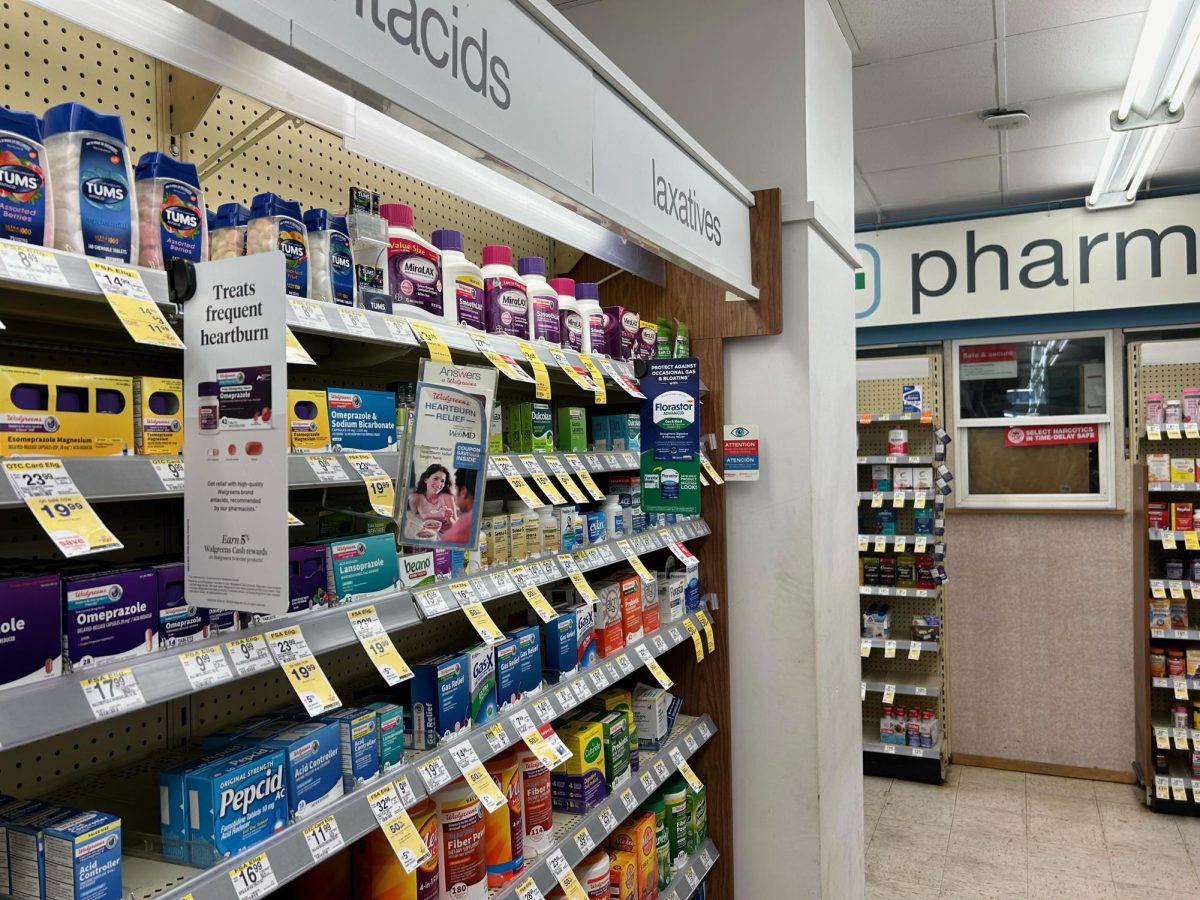If you start every morning with vitamin supplements, you may not be receiving your complete daily value, or even the value of your dollar.
According to a Kaiser Permanente Center for Health Research study released Feb. 11, many daily vitamin pills contain dosages lower than those listed on their bottles.
Erin LeBlanc, one of the study’s authors, said a study on menopausal women spurred her interest after the research team sent a sample of vitamin D supplements to a lab for testing and variability.
LeBlanc said the results surprised her, since she expected amounts closer to those listed on the labels.
“I was surprised that there was such wide variation in the potency of vitamin D supplements,” LeBlanc said. “Voluntary standards set by the U.S. Pharmacopeial Convention do allow for some variation, but not as much as we found in our analysis.”
LeBlanc said only one third of the supplement pills tested met USP Convention standards, which require pills to contain 90 to 120 percent of their listed active ingredients.
The supplements’ dosage varied, LeBlanc said, from 9 percent to 140 percent of the listed dosage.
Because she researches the potential health benefits of vitamin D, LeBlanc said, she plans on using only USP-verified supplements in future studies to ensure accurate dosages.
“The take-away message from our study is that the amount of vitamin D in the pills consumers are taking does not necessarily match the amount listed on the bottle,” LeBlanc said. “Because vitamins are loosely regulated, there is no guarantee that consumers are getting what they pay for.”
LeBlanc said consumers should look for the USP’s verification stamp on bottles, because those with the stamp are more likely to match their labels.
Barbara Troy, an adjunct assistant professor in the College of Health Sciences, said the varying potency in vitamin D supplements is a common occurrence.
“Supplements do not have to prove safety or effectiveness, and unfortunately are very loosely regulated by the U.S. Food and Drug Administration,” Troy said in an email. “The FDA does have the authority to spot-check supplements to verify that the labeling contents match the actual contents, but many pills fall through the cracks.”
Troy said the loose regulation of supplements in the U.S. is a concern and added that a USP or Consumer Lab stamp on a supplement at least shows that independent organizations are verifying the content.
Troy said those concerned about their nutrition should focus on what they eat rather than on vitamin pills and other supplements.
“Foods first should always be emphasized,” Troy said. “In the case of Vitamin D, that means getting in three to four cups of milk products every day to most easily meet needs … A supplement should be just that – only a supplement to our diet that is first filled with a wide variety of nutrient-rich foods.”
Andres Popernik, a junior in the College of Engineering, said his perspective as an engineer and athlete lowered his concern over the variance in vitamin supplements.
“As long as the percentages are kept within a certain tolerance, it is acceptable,” Popernik said. “People who should be concerned are those who take more than the desired amount or who do not keep a healthy living style.”
Popernik said he doesn’t believe enough data was collected and analyzed to prove there is a serious issue. He said he would like to see more data tested to give an accurate report on the potency percentages.
“This study does not change the viewpoints I have,” Popernik said. “I have been and always am attentive of the amounts of supplements I take, and if I ever have a question or concern, I consult my nutritionist.”







